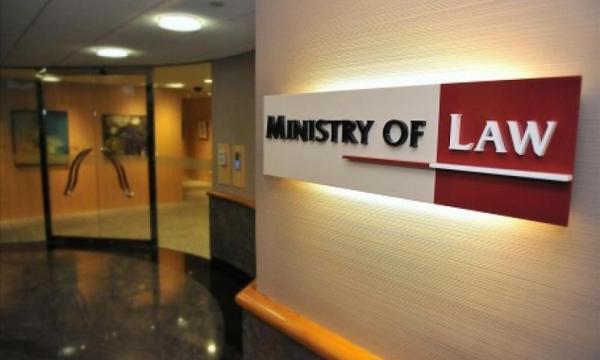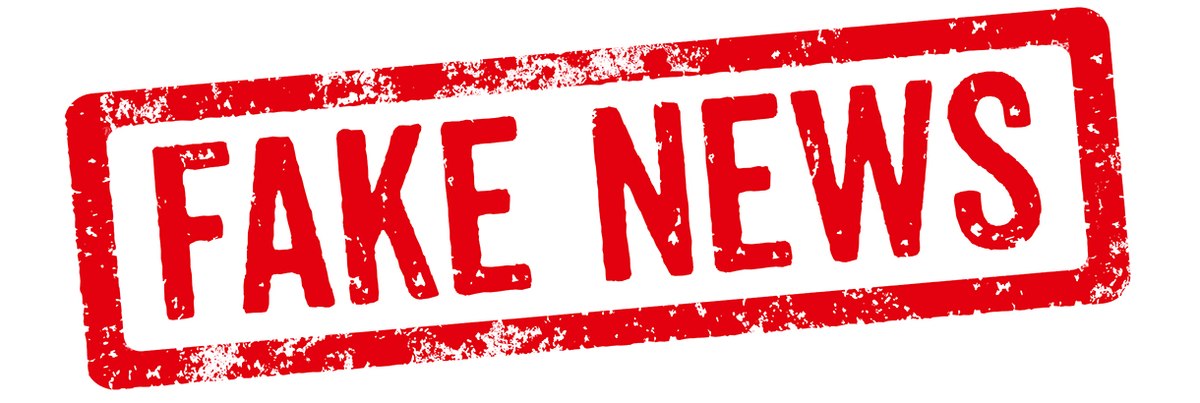The new Bill to Protect Society from Online Falsehoods and Malicious Actors has its first reading on Monday in Singapore.

According to the Ministry of Law, “the Bill seeks to protect society against damage from online falsehoods created by malicious actors. Such online falsehoods have had serious consequences. They are being used to divide society, spread hate, and weaken democratic institutions. Combined with digital technology, the dangers of falsehoods have become more serious and greater in scale.”
The scope of bill now covers social media such as Facebook, Twitter and Instagram. Fines are set to a whopping amount of SGD50,000 (1,177,274 THB or 1,924,563PHP) or five years in prison. If the online post was done using a “bot” or fake account, the amount soars to SGD 100,000 (over two million baht) or 10 years in prison. Meanwhile, social media platforms like Facebook will also face a fine of SGD 1,000,000.
The bill has especially concerned tech giants in the region. Facebook’s Vice President for Public Policy, Mr. Simon Milner said on Monday, “Giving people a place to express themselves freely and safely is important to us and we have a responsibility to handle any government request to remove alleged misinformation carefully and thoughtfully.”
The Asia Internet Coalition released this statement on their website, Monday, ” We are also concerned that the proposed legislation gives the Singapore government full discretion over what is considered true or false. As the most far-reaching legislation of its kind to date, this level of overreach poses significant risks to freedom of expression and speech, and could have severe ramifications both in Singapore and around the world.”
[Read the AIC full statement here:
https://www.aicasia.org/wp-content/uploads/2019/04/AIC-statement-Singapore-Protection-from-Online-Falsehoods-and-Manipulation-Bill-1-April-2019-1.pdf ]

Meanwhile, Singapore’s Ministry of Law issued a press release outlining the the features of the proposed law as the following:
Key Features of the Bill
The Bill targets falsehoods, not opinions and criticisms.The Bill defines a falsehood as a statement of fact that is false or misleading. It does not cover opinions, criticisms, satire or parody. Annex E sets out some examples of falsehoods and opinions to demonstrate the scope of the Bill.
Corrections will be the primary action. Corrections will be the primary response to a harmful online falsehood that is actively spreading. Corrections will usually require the facts to be put up alongside the falsehood, so that the facts can travel together with the falsehood. Online platforms may also be required to ensure that those who previously saw the falsehood also see the correction (see Annex F for why this is needed).
The falsehood will not be removed; the facts will be put up alongside, so people can decide for themselves. Research shows that corrections work, and are an important antidote to falsehoods.
Corrections are not criminal sanctions.
Criminal offences apply only to malicious actors. Only those who act to deliberately undermine society using falsehoods will be subject to the criminal offences.
The Courts will have the final say on what is false. Any decision by the Government on what is false can be overridden by the Courts on appeal. What is false is ultimately for the Courts to decide.
The Bill will not affect most average citizens. For most people, the right response is instead education and fact-checking. These are areas the Government is strengthening.
Other Measures
The Bill also provides for the following measures:
a. Take down of falsehoods in serious cases, to stop harm to society.
b. Disabling of inauthentic online accounts or bots that are spreading falsehoods against the public interest. This targets the use of inauthentic accounts or bots to manipulate and distort discourse amongst people.
c. Declaration of an online site that repeatedly spreads falsehoods, to cut off its ability to profit, without shutting it down. The online site must have, in the preceding 6 months, published three different falsehoods that are the subject of active Directions, meaning that each falsehood was against the public interest.
d. Require the online platforms to keep their platforms safe and secure through the introduction of binding Codes of Practice. These Codes of Practice target 3 specific areas:
(i) Inauthentic online accounts and bots
(ii) Digital advertising transparency
(iii) De-prioritising falsehoods
The Ministry of Law assures the public that the proposed law will not limit the freedom of expression. It targets falsehood and not free speech and that
“It will help ensure online falsehoods do not drown out authentic speech and ideas, and undermine democratic processes and society. The aim is to keep in place the conditions for Singaporeans, as individuals and civic society, to build a healthy and robust public discourse, informed by the facts.”

